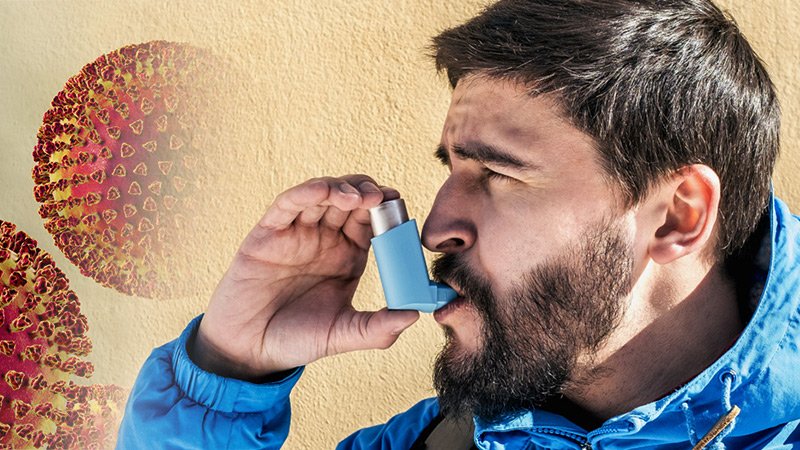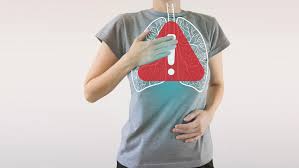Coronavirus and asthma patients

Dr Avi Kumar
It is believed that asthmatic patients will be at a higher risk when it comes to the novel coronavirus. An asthmatic patient has a highly inflamed and restricted airway. As a result of which breathing becomes difficult. The presence of a virus in such a situation would lead to more inflammation. Therefore, breathing would also become nearly impossible. It has been found that co-morbidities which aggravate the coronavirus include hypertension, diabetes and COPD issues.
We have observed that patients with COPD, asthma and bronchial asthma are at an increased risk of contracting the coronavirus. It is a bi-directional effect. We also discourage the use of nebulisers as it is an aerosol generating process; and it has been determined that coronavirus spreads from person-to-person via air droplets. Those patients who were on Broncho filters and cortical steroids should take their doses in consultation with their doctors.
In fact, those who are already suffering from some form of breathing problems are mostly above the age of 60 and tend to be at extremely high risk. Considering the current situation, I suggest to practice the correct respiratory etiquette such as sneezing into the elbow crook or covering your mouth with your hands when sneezing. Using a handkerchief, immediately washing or sanitising your hands after sneezing is also important. If you feel discomfort, consult your doctor. Don’t self-medicate or increase the doses on your own. Above all, do not panic. Just follow what the doctors say, and you will be okay.
What one needs to understand is that viral infections of any kind tend to trigger asthma in patients. Coronavirus tends to affect the upper and lower respiratory tracts, including the nose, throat, and lungs. This can trigger an asthma attack or lead to pneumonia or other acute respiratory diseases. A chronic condition which affects the lungs, airways and causes inflammation results in spasms, wheezing, coughing and breathlessness. When you had a viral infection to that mix, it results in an over stimulation of the body’s immune response, worsening inflammation. The difference between asthma and Covid-19 isn’t that the latter causes headaches, body aches and fever. It is that Covid-19 also inflames the tissues inside the lung rather than only inflaming the bronchial tissue.
While Covid-19 may not be affecting many asthma patients, once it does, the risk of complications is very high. Therein lies the danger, the aggressiveness of the virus once it affects an asthma patient.
Exercise induced asthma:
- Always ensure you are carrying your inhaler. In case you begin wheezing, take the inhaler’s aid. In fact, it is helpful to use the inhaler 10 minutes before you begin your workout.
- Make sure you are not in a confined or claustrophobic space and the space should not be cold and frigid.
- Swimming is an excellent exercise for patients suffering from asthma.
- Make sure you do not exercise if you are suffering from cold or flu. It will only aggravate the wheezing.
- Don’t exercise in isolation; make sure you have a trainer so that the tempo of your exercise can be moderated
Dr Kumar is consultant pulmonologist at Fortis Escort Heart Institute


